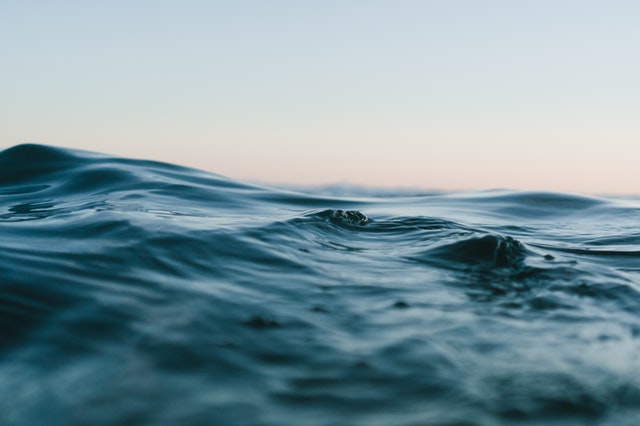Executive Summary
In many instances, water-related stories turn out to be too complex, dry or alarmist. Finding the right subject to report on is a critical step towards a meaningful water-related story. To do so it is essential to ensure that the subject is relevant for the target group and for the media format through which it is meant to be covered.
Introduction
The subject of any water-related media work should be of relevance to the community in which the journalist is working. It may be related to politics, economics, or social and cultural aspects of water management – all of which have an impact on members of the community. This may be at a local level. Or it may be a whole country or region that is affected.
A journalist will be most interested in new developments within a broad subject category; for example, the broader subject might be “water pollution”. Within that area, the latest news might relate to a recent report on industrial pollution or a lack of wastewater treatment capacities. Or at the local level, it might involve the economic effects on fishermen.
When a journalist is choosing which developments within any subject category to cover, it is important to consider the relevance for the targeted audience and the medium for which he or she is working.
What is an appropriate water-related topic for coverage?
A topic should be related to everyday events in the political, social, or cultural realm. Especially with sanitation and water this relation may be indirect. Outbreaks of health problems like diarrhea for example are often linked to inadequate sanitation coverage but connect better to the audience through the link to public health. The topic covered should reach the public at the right time in the right place. The choice of topics is often determined by the type of media for which the journalist is working.
Considering the form of media
Each form of media will cover the news and the subject differently. For example, broadcast media requires pictures; radio requires recorded interviews. Newspapers may require information on the latest developments. If the journalist is working for a magazine, where the information will not always be published immediately, he or she must cover the developments in a different way. It is also important to consider the audience. A journalist working for the national evening news watched by millions of people will cover developments differently from the journalist working for a community newspaper, which will usually only be read by several thousand people.
Checklist
- Is information on the subject current?
- Does the subject have political relevance?
- Is the topic relevant to the audience and is its relevance made clear to them?
- Is the topic being covered in the right media or forum?
- Can the information be published or broadcast in the right place at the right time?
- Is the reporting balanced? Will there be further developments?
Shortcuts to Journalism: The Basics of Print, Online and Broadcast Reporting
When basic questions about journalism come up, this handbook, written and produced by Media in Cooperation and Transition (MICT), provides clear, brief and precise answers. Shortcuts to Journalism isn’t just for journalists – it’s also helpful for non-journalists. Download the English version here or the Arabic version here.
Schmidt, E., Tirok, M. and Bösch, M. (2016): Shortcuts to Journalism: The Basics of Print, Online and Broadcast Reporting. Berlin, Germany: Media in Cooperation and Transition gGmbH PDFLiving Journalism: Principles & Practices for an essential Profession
BBC Academy: Original Journalism: Finding Stories
Original journalism can conflict with the demands of daily news output. BBC Belfast journalists show you how to spot stories in the most unlikely places.
http://www.bbc.co.uk/academy/journalism/article/art20130702112133498 [Accessed: 14.02.2018]Original journalism can conflict with the demands of daily news output. BBC Belfast journalists show you how to spot stories in the most unlikely places.
Investigative Journalism Manual
This interactive website equips journalists with core investigative reporting skills and supports watchdog journalism in difficult environments. It is also a hands-on training tool, allowing readers to test their knowledge with quizzes at the end of each chapter.


